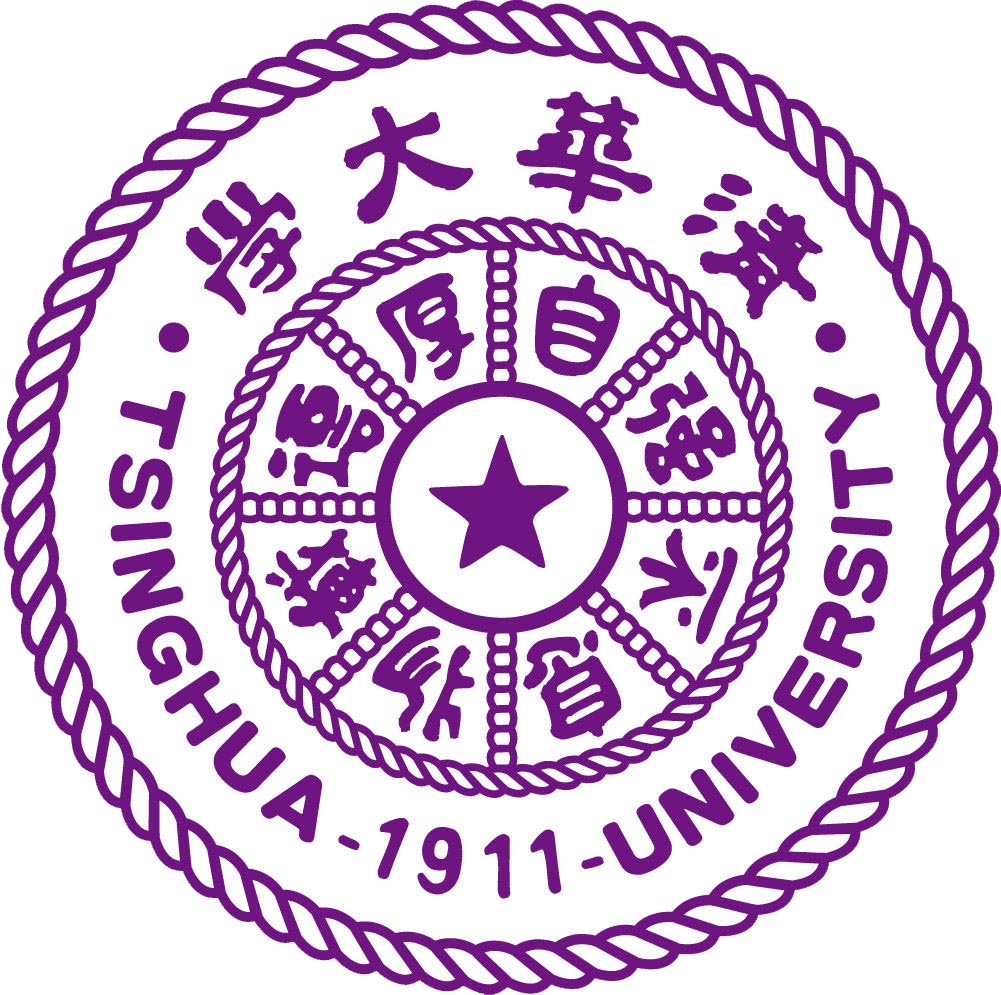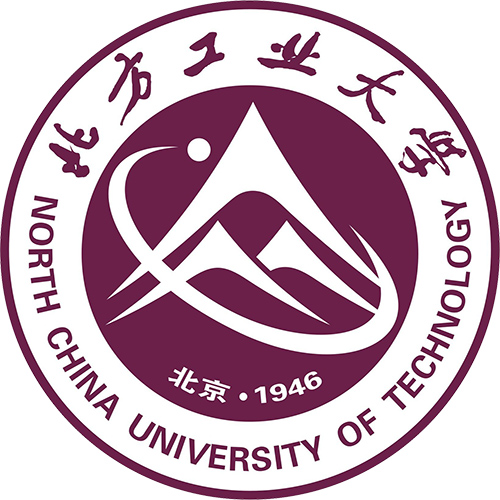
 Introduction
Introduction About the Program
About the ProgramElectronic Information Sciences consists of two majors: Electronic Information Science and Technology, and Microelectronics. In order to cultivate students to form a sturdy foundation and a broad professional perspective, while instilling the ability of independently learning, we have enrolled students under “Electronic Information Sciences”. The first two years, students will be studying department-wide fundamental courses such as Mathematics, Physics, Data organization, Signals and Systems, the Circuit theory, Computers and Networking, Electromagnetic Fields and Waves, Solid State Physics and Semiconductor Physics, Fundamentals of Electronic Technology, Communication Circuits, etc. During the third year, students will be split into one of the three majors, according to their own interests. (Individuals with color blindness are not accepted into this major) Electronic Information Science and Technology Circuits and Systems, Signals and Signal Processing, Communications and Network, Electromagnetic Fields and Waves, Computer and Software Technologies, etc are the foundations of Electronic Information Engineering, where research on various information, the process and exchange of remote sensing information, and the transmission of wireless electric and optical cable is done. With this type of foundation, research and development in various electronic and information systems is made possible. As modern Physics and Mathematics as its foundation, the field of Electronic Science and Technology researches the mutual interactions of electrons and photons in different mediums; researches the technology that uses computers and signal processing; invents and develops various electronic information materials and devices, information photo-electronic materials and devices, and integrated circuits and integrated electron system. The main areas of research are: the theoretical foundation and technology of processing, transmitting, exchanging, monitoring and recognition of various information, the communication system of satellites and wireless optical fiber, and network technologies; the theory of circuits, the design and application of electronic system, the theory of design automation and technologies of system stimulations and integrated circuits; the application technology of computers; microwave theory and technology, the application technology of electromagnetic waves; Physical Electronics and integrated optoelectronics, nanophotonics, optical fiber communication systems, the technology of the intellectualization of optical networks, photo-electronic devices and its application, new displays and photo-electronic membranous materials and devices, information nanomaterials and devices, high power and high speed electronic devices, micro technologies, the measurement and monitoring technologies of photo-electronic information materials, photo-electronic sensing technologies, etc. Microelectronics is part of the nanoelectronics field, having two directions of research and development: Micro-nano electronics and integrated circuits and systems. This subject cultivates students to systematically master the basic theory, professional knowledge and basic skills in the technology of designing and producing integrated circuits, emphasizing on studying solid state physics, electrodynamics, semiconductor physics, microelectronics processing technology, the analysis and design of digital and integrated circuits, micro and electronic experiments, classes in the design of integrated circuits, very large scale integrated circuits CAD, MEMS and Microsystems, introduction to quantum information, introduction to nanoelectronics, and introduction to microelectronics. Application Schedule On-line application: March 1 – March16, 2012.
Hardcopies of application materials due: March 19 - March 30, 2012.
Entrance Examination (1) Subjects of Written Examination for Science, Engineering and Management Programs: Mathematics, Physics, Chemistry, and English.
(2) Subjects of Written Examination for Law, Humanities and Social Sciences Programs: Basic Chinese Language, Chinese Writing, General Knowledge, and English.
(3) Subjects of Written Examination for Arts and Design Programs: Chinese Writing, General Knowledge, Sketch, Quick Sketch, and Color Painting.
Extra exams are requested for some programs: Sketch for Architecture Program, Oral Test for English and Japanese Programs, and Mathematics for Experimental Class of Social Sciences and Psychology.
Interview may also be requested by some department/schools. Date of Entrance Examination Written Examination: May 12 - 13, 2012
The applicants to be interviewed will be notified after written exams.
Please read Admissions if you want to know more details.
 About Tsinghua University
About Tsinghua University Accommodation
Accommodation
On-campus Accommodation
The Zijing Apartments of Tsinghua University provide rooms for foreign students to live on-campus. The reception is on duty for 24 hours, and is experienced in services for foreign students. For those who come to Beijing for the first time, living there is quite a good choice. It’s really a difficult task to find an appropriate apartment as soon as you arrive, especially when you also need to furniture it and settle all the things down. Zijing Apartment District is the same place where Chinese students live, but in different buildings. The living facilities, such as cafeterias, banks, post office, super market, are all located close to the apartment building. Our Foreign Student Affairs Office is also located here.
Since there are not enough rooms for all the students to live on-campus, students must book for rooms beforehand, following the guide sent in the admission package.
When you check in, please show your Admission Notice and passport. You need to pay 200 RMB Yuan as deposit and the rent for a semester. Cards are accepted at the reception.
According to the law and the relevant policy, the Zijing Apartments are only able to host foreign students who register in Tsinghua University. Neither the relatives or friends of students nor other persons are allowed to live in the apartments. Students living in the Zijing Apartments should comply with the administrative regulations. For instance, lighting fire, including using candles is strictly prohibited in the rooms; students are not allowed to host other people overnight in the rooms; etc.
Off-campus Accommodation
If you failed to reserve a room in the dormitory, and find an appropriate apartment off-campus, you can move there. Never foget to get a Temporary Residence Registration Form, which is issued by the local police station of your accommodation. Go to the local police station together with your landloard or other authorized organ with your passport.
The Temporary Residence Registration Form is another important certificate besides your visa. Take care of it with your passport. It is required if you apply for a new visa, visa extension, additional entry or residence permit.
Therefore, a special remind is that before you sign for the contract or pay for the rental, do confirm that the owner of the apartment/house property is able to process the accommodation registration for you. Otherwise you will get into trouble of illegal stay.
Moreover, you need to renew it if you have moved to another place, changed your passport or renewed your visa. While you live in Zijing Apartment, the reception will do all these things for you automatically; but you need to do them all by yourself if you live off campus.
 Fees
Fees Admissions Process
Admissions Process  Entry Requirements
Entry Requirements Application Materials
Application Materials Reviews
Reviews Scholarship
Scholarship
North China University of Technology
Tuition
Start Date